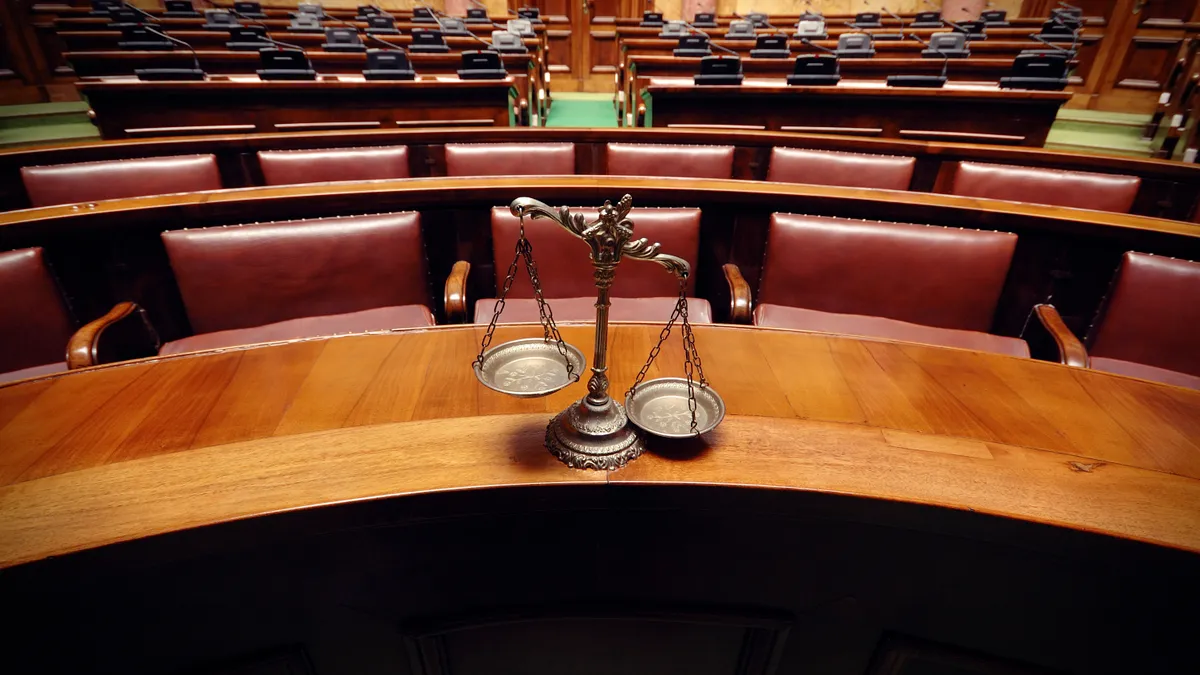Dive Brief:
- The U.S. Supreme Court is expected to hear arguments this month in a case regarding power subsidies created by the state of Maryland to guarantee sufficient supply, but which competing generators say impact wholesale prices, which are under the purview of the Federal Energy Regulatory Authority (FERC).
- Four years ago, the Maryland Public Service Commission ordered construction of a gas-fired facility, and directed utilities to purchase the output for 20 years in order to make the plant feasible. Opponents sued, saying the plan unfairly impacts regional wholesale prices.
- The Baltimore Sun points out that the arrangement is not uncommon among states, and the court's decision could impact billions of dollars in investments.
Dive Insight:
The U.S. Supreme Court will hear a case sometime this month which closely mirrors the FERC Order 745 case decided just weeks ago, and which underscores the increasing role of the courts in energy policy and rising importance over the so-called "bright line" between state and federal jurisdiction.
Within a month's time, the court has stayed implementation of the Clean Power Plan, affirmed FERC's role in demand response markets, and could consider the place of state power subsidies in regional markets.
"There's a lot riding on it for people in Maryland who use electricity," Public Citizen attorney Scott Nelson told the Baltimore Sun. "For ratepayers, the issue is: Are they going to be assured of adequate supply to meet the demand?"
In 2012, Maryland regulators called for the construction of a 725 MW gas-fired facility in Charles County, and directed Baltimore Gas and Electric Co. to purchase the output for two decades. That made the plant economically viable, which in turn will help stave off power shortages, according to state officials. But large generators in the regional sued, saying the plan unfairly disadvantages them.
"State subsidies for generation development degrade the integrity of competitive electricity markets, which were established to shift the financial risk of plant construction from consumers to generators," Talen Energy spokesman Todd Martin told the Sun in a statement.
Similar to the FERC Order 745 case, the Maryland case will hinge on whether action in one market constitutes regulation of another. In the demand response case, the Supreme Court determined federal officials' jurisdiction over demand response in wholesale markets did not constitute retail rate regulation, traditionally under the purview of state agencies.
"What's at stake here is how much autonomy does a state or ... a locally controlled utility have to determine what our resource mix should be, what kind of generation we should have," American Public Power Association President and CEO Sue Kelly told the Sun. "We should be able to make those decisions."














